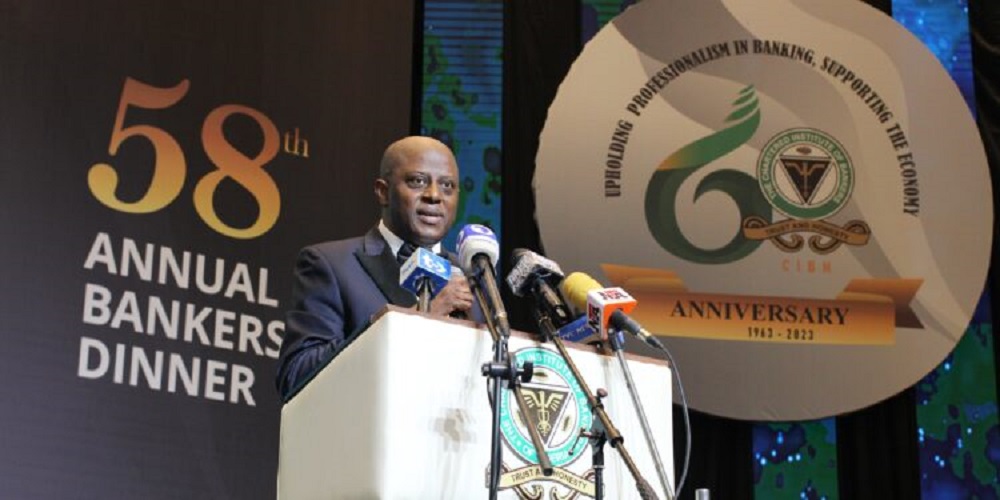Yemi Cardoso led CBN has moved to ban dollar to naira street trading in Nigeria.
NewsOnline Nigeria reports that amid the continued fluctuation of the Naira against the US dollar in the foreign exchange market, the csays it is considering stopping street trading, among other fresh guidelines, to Bureau De Change Operators in Nigeria.
This Nigeria news platform understands that the apex bank disclosed this Friday in its draft Revised Regulatory and Supervisory Guidelines for Bureau De Change Operations in Nigeria.
READ ALSO: Tinubu Under Pressure To Sign Executive Order Banning All Dollar Transactions
CBN plans to fix the minimum per capital share for Tier 1 and 2 BDC licenses to N2 billion and N500,000 million, respectively. This is a move away from the previously N35 million per capital share for general license.
“A Tier 1 BDC is authorized to operate on a national basis, can open branches, and may appoint franchisees, subject to the approval of the CBN.
A Tier 1 BDC (which is the franchisor) shall exercise supervisory oversight over its franchisees. All franchisees shall adopt their franchisor’s name, branding, technology platform, and rendition requirements.
A Tier 2 BDC is authorized to operate only in one state or the FCT. It may have up to three locations – a head office and two branches, subject to approval of the CBN. It is not permitted to appoint franchisees.”
NewsOnline Nigeria reports that the development comes amid a clampdown on illegal BDCs in Abuja, Lagos, Kano and Ibadan Oyo States by the operatives of the Economic and Financial Crimes Commission to stabilize the Naira against USD.
ALSO: US NTSB Gives Fresh Updates On Helicopter Crash Involving Herbert Wigwe
Meanwhile, NewsOnline Nigeria reports that at the close of work on Friday, the Naira depreciated N1,665.50 per US dollar from N1571.31 on Thursday at the FMDQ market. Meanwhile, in the parallel market.
The Naira traded for N1,750 to N1,800 per USD on Friday compared to N1,680.00 on Thursday.
CBN had unveiled several FX interventions in the past months but the country’s foreign exchange crisis has, however, persisted.















